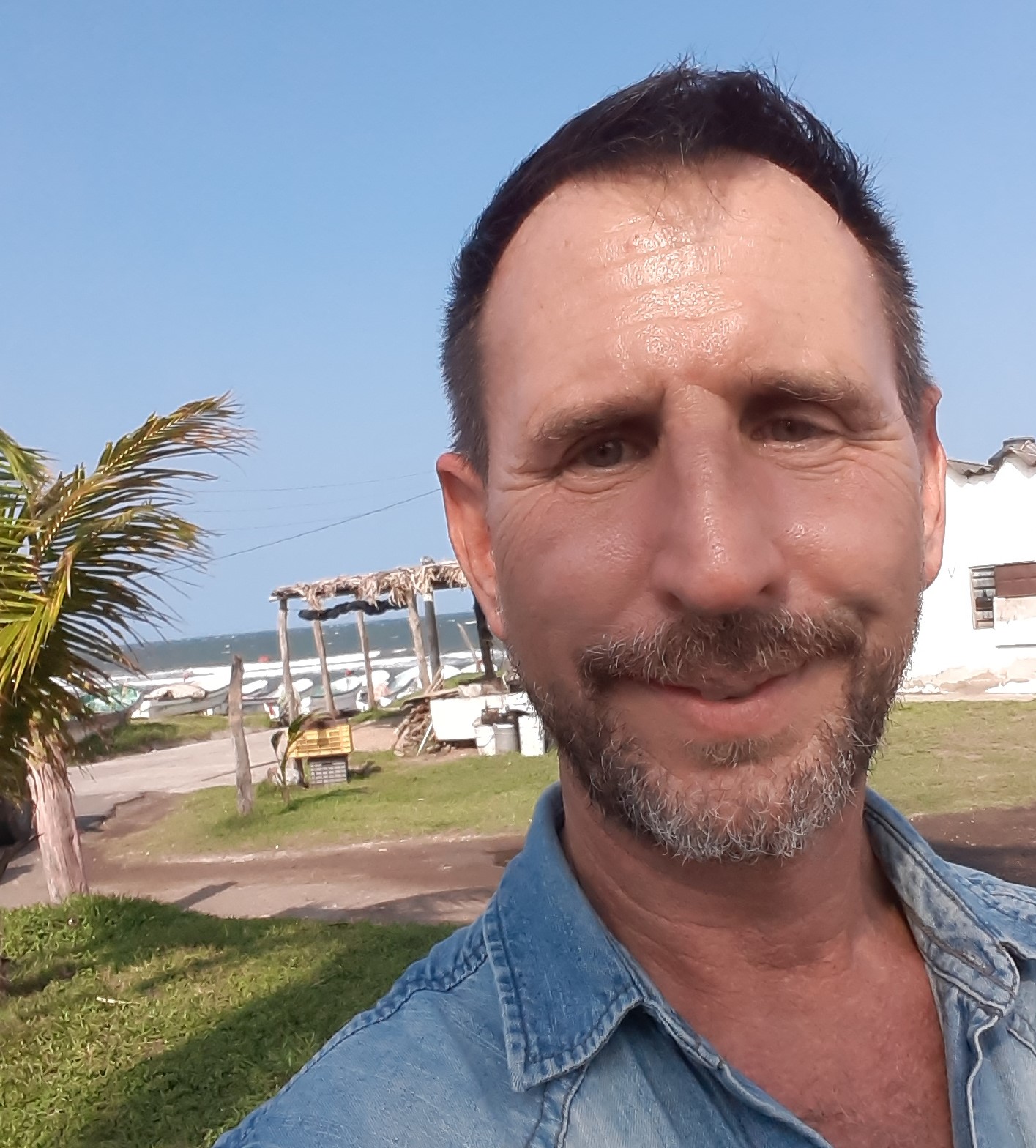Dr. Bradley E. Ensor
(he/him/his)

Education
- Ph.D., University of Florida, 2003
Interests and Expertise
- Political economy
- Kinship
- Prehistoric archaeology
- Ethnology
- U.S. Southwest
- U.S. Southeast
- U.S. Great Lakes
- Mesoamerica
Professional
Professor Ensor’s teaching and research spans archaeology, cultural anthropology, and bioarchaeology. He has published on dental enamel hypoplasia; political ecology and disaster vulnerability; cross-cultural and ethnohistoric analyses of indigenous kinship practices; and archaeological and bioarchaeological analyses of kinship. His recent research synthesizes these three subfields of anthropology to investigate the intersections of political economy, kinship, and gender using prehistoric Hohokam, Chontal Maya, and European Neolithic case studies. He previously worked extensively in Cultural Resource Management archeology in the US Southwest and Southeast and currently focuses his field investigations in the Gulf Coast region of México and in Southeast Michigan. He was the principal investigator of the Islas de Los Cerros Archaeology Project in Tabasco, México (2000-2011) and recently initiated the Camaronera and Alvarado Lagoons Archaeology Project in Veracruz, México (2021- ). Both project locations are included in his study abroad course (ANTH351 México: The Route of Cortez). He is also the founder and principal investigator of the annual summer EMU Archaeology Field School in Southeast Michigan, which provides student training and research opportunities through cultural resource management services. His books include Crafting Prehispanic Maya Kinship (2013), The Archaeology of Kinship (2013), Oysters in the Land of Cacao (2020), and The Not Very Patrilocal European Neolithic (2021). He has published articles in American Antiquity and most recently in Antiquity, Current Anthropology, Kinship, and Los Investigadores de la Cultura Maya. His research also appears in edited volumes and he regularly participates in anthropological and archaeological conferences in North America, México, and Europe.
Curriculum Vitae [PDF]
Curriculum Vitae [PDF]
